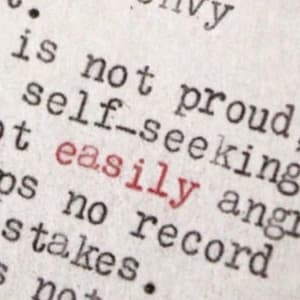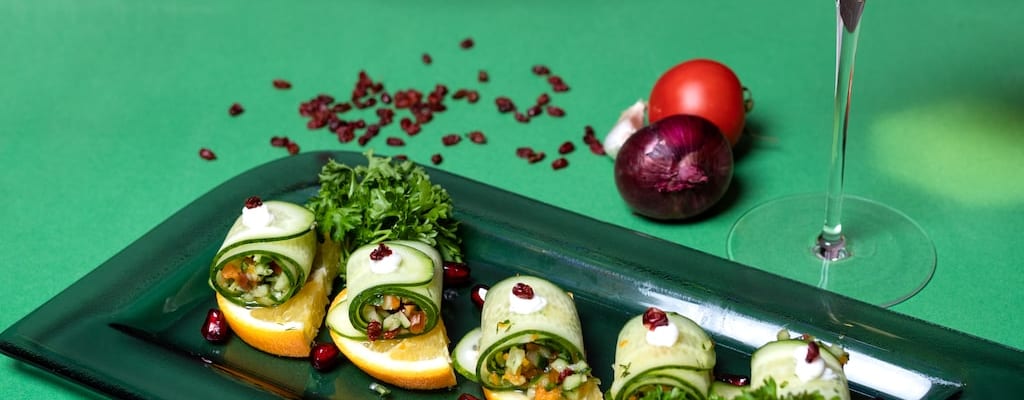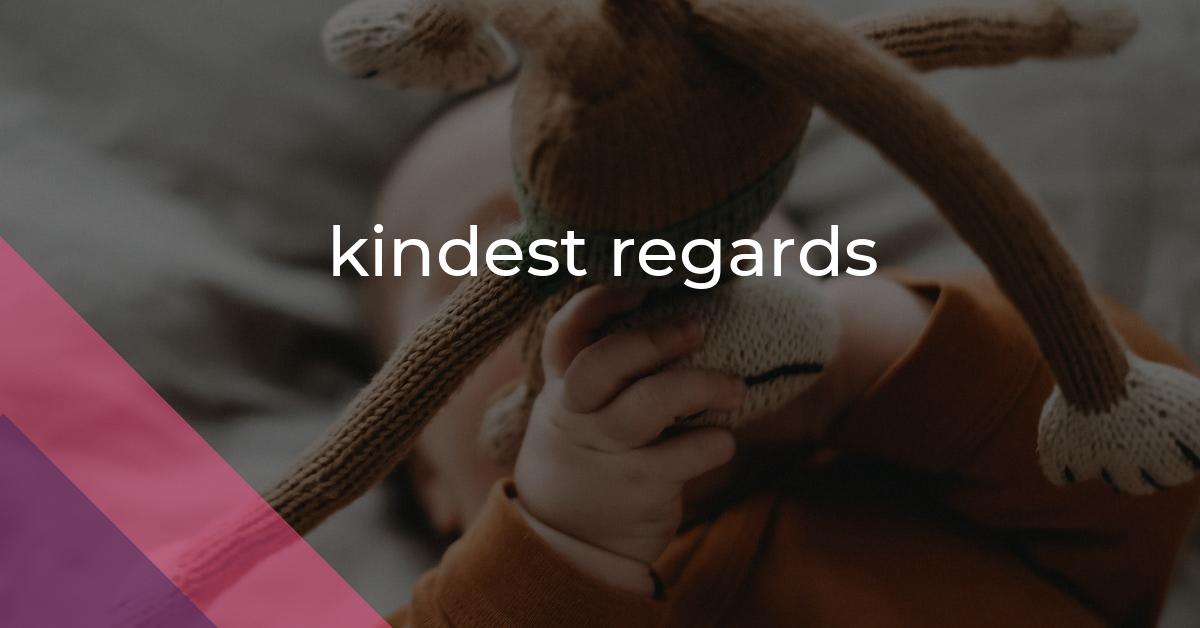kindest regards: Idiom Meaning and Origin
What does ‘kindest regards’ mean?
The idiom "kindest regards" is a common phrase used to express sincere goodwill or warm wishes when ending a written or spoken communication.

Idiom Explorer
The idiom "warmest regards" is used to express a very sincere and affectionate farewell or closing in a written communication.
The idiom "kiss arse" means to obsequiously flatter or grovel in order to gain favor or advantage, often by being excessively complimentary or subservient towards someone in a position of power or authority.
The idiom "kind regards" is commonly used to express warm or friendly feelings towards someone, typically at the end of a written communication.
The idiom *kindred spirit* refers to a person who shares a similar outlook, interests, or characteristics with another individual. They have a deep connection and understanding, often feeling like they are on the same wavelength.
The idiom "kindred soul" refers to a person who shares a strong connection or similarity with another person on a deeper level, particularly in terms of values, beliefs, and interests.
The idiom "kind of" is a colloquial expression that is used to indicate a moderate or hesitant agreement with a statement or a description. It suggests a level of uncertainty or approximation in the speaker's opinion or belief.
The idiom "in kind" means to respond or repay with an equivalent action or treatment, often in a negative or retaliatory manner.
The idiom "hugs and kisses" is a term used to represent love and affection. It is often abbreviated as "XOXO" in letters, messages, or cards to symbolize kisses and hugs. In popular culture, it is commonly used to express warm feelings towards someone.
The idiom "how are you" is a common greeting asking about one's well-being or state. It is often used as a polite social interaction and does not typically require an in-depth response.
Mysterious Origins
The idiom "kindest regards" is a commonly used phrase in the English language. Its origins can be traced back to the early 19th century, although it is believed to have been in use even earlier than that. The phrase is typically used to convey a polite and respectful sentiment when ending a letter or email.
One fact about the idiom is that the word "kindest" is an adjective derived from the noun "kind," which means having a generous, helpful, or considerate nature. The addition of the superlative suffix "-est" to "kind" conveys the highest degree of kindness. The word "regards" refers to a feeling of respect or admiration towards someone. When combined, "kindest regards" expresses the sender's utmost goodwill and warm wishes.
Another fact about the idiom is that it is commonly used in professional or formal correspondence. It is considered an appropriate and polite way to end a letter or email, particularly when the sender wants to convey a sense of respect and appreciation towards the recipient. The use of "kindest regards" signifies a certain level of formality and politeness, making it a suitable closing for business letters, job applications, or other professional interactions.
fare thee well is another idiom related to "kindest regards." It is a phrase used to bid farewell or say goodbye. Similar to "kindest regards," "fare thee well" is often used to convey good wishes and a sense of respect towards the person leaving. However, "fare thee well" has a slightly more old-fashioned and poetic feel to it, evoking a sense of classic elegance.
In comparison, the idiom "kind regards" is a more concise and informal version of "kindest regards." While "kindest regards" emphasizes the highest degree of kindness and warmth, "kind regards" simply expresses goodwill and friendliness. It is a slightly less formal choice but still conveys a polite and respectful sentiment.
warmest regards is another idiom related to "kindest regards." It is a closing phrase that is similar in meaning to "kindest regards" but emphasizes an extra level of warmth and friendliness. "Warmest regards" conveys genuine care and consideration for the recipient, making it a particularly suitable choice for personal emails, friendly letters, or informal correspondences.
Similarly, "best regards" is an idiom closely related to "kindest regards." It is a popular closing phrase that expresses well wishes and a sense of esteem towards the recipient. While "best regards" is a more general and versatile choice, "kindest regards" adds an extra layer of warmth and personal touch. It is a thoughtful and considerate way to conclude a letter or email.
good graces is another idiom that has a similar meaning to "kindest regards." It refers to being in someone's good favor or receiving their kindness and approval. Like "kindest regards," "good graces" carries a sense of respect and admiration towards the person mentioned. It implies a positive and harmonious relationship, making it a fitting idiom to use in various contexts.
It is worth noting that the idiom "kindest regards" can sometimes be used in a more sarcastic or insincere manner. In certain contexts, the sender may choose to employ the phrase ironically to convey the opposite meaning of what is typically implied. This usage adds a layer of complexity to the idiom, highlighting the potential for subtle nuances and variations in its interpretation.
"kindest regards" is a widely recognized and commonly used phrase in the English language. It originated in the early 19th century and is typically employed to convey a polite and respectful sentiment when ending a letter or email. The words "kindest" and "regards" combine to express the sender's highest degree of kindness and respect towards the recipient. Although often used in professional or formal contexts, the idiom can also be employed ironically to convey a different meaning. The versatility and widespread usage of "kindest regards" contribute to its continued relevance in contemporary communication.
Example usage
Examples of how the idiom "kindest regards" can be used in a sentence:
- Please give my kindest regards to your family.
- I wanted to send you a quick note to say how much I enjoyed meeting you. Kindest regards, John.
- On behalf of the team, I would like to send our kindest regards to our retiring colleague.
More "Greetings" idioms



